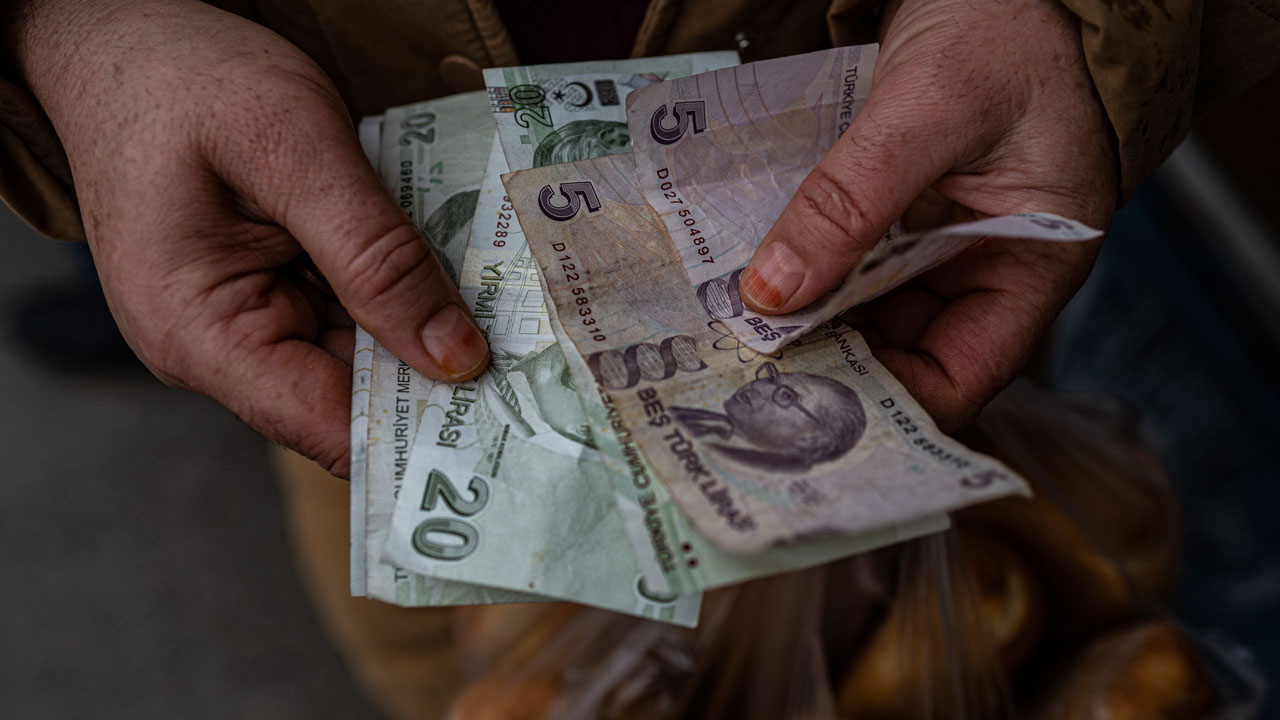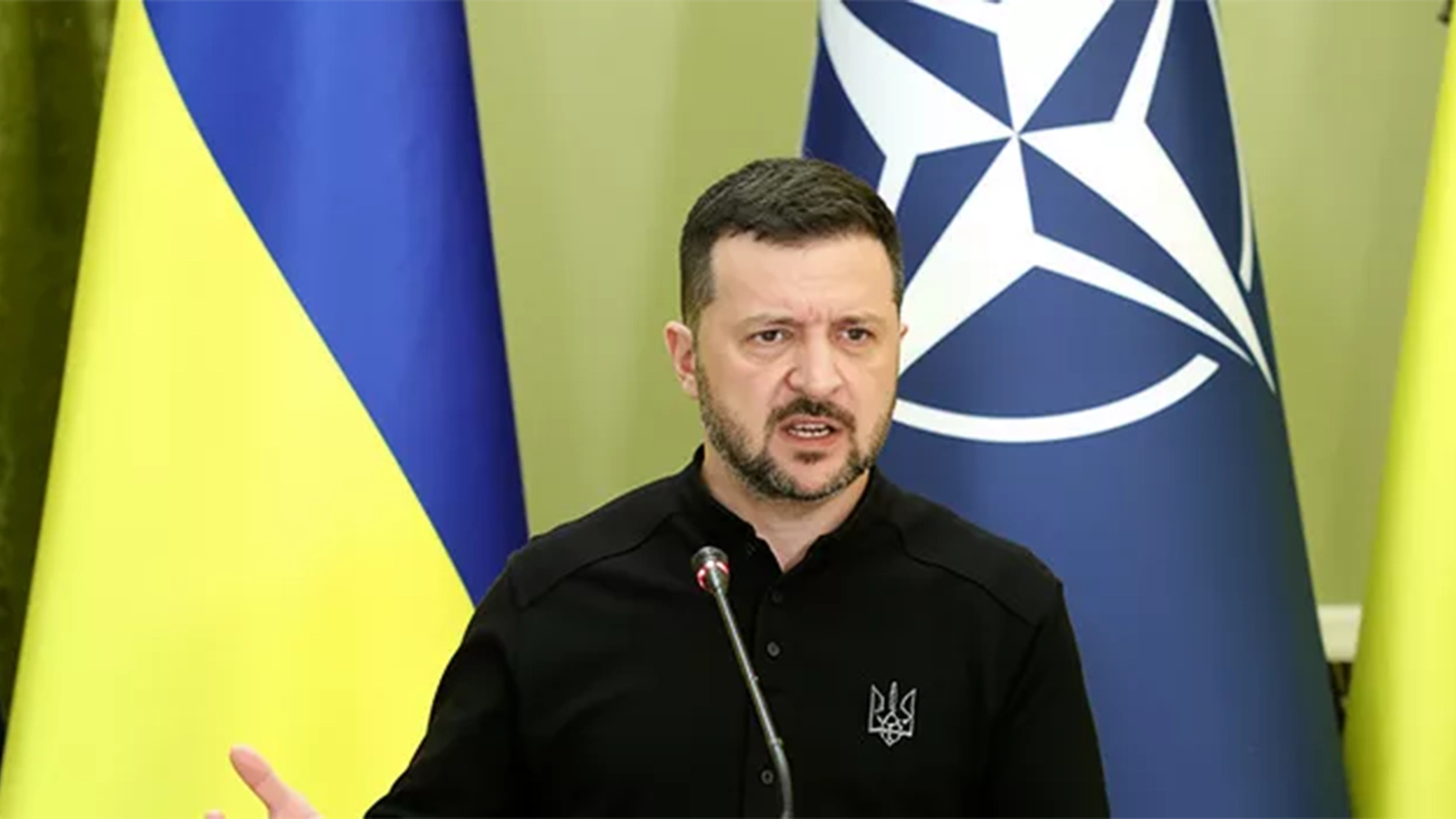
Turkey’s troubled lira nosedived Monday after President Recep Tayyip Erdogan cited Muslim teachings to justify not raising interest rates to stabilise the currency.
Erdogan has pushed the central bank to sharply lower borrowing costs despite the annual rate of inflation soaring to more than 20 percent.
Economists believe the policy could see consumer price increases reach 30 percent or higher in the coming months.
But Erdogan said in remarks aired by state television late Sunday that his Muslim faith prevented him from supporting rate hikes.
“They complain we keep decreasing the interest rate. Don’t expect anything else from me,” he said in the televised comments.
“As a Muslim, I will continue doing what our religion tells us. This is the command.”
Islamic teachings forbid Muslims from receiving or charging interest on loaned or borrowed money.
Erdogan has previously cited his religion in explaining why he believes interest rates cause inflation instead of reining it in.
High-interest rates are a drag on activity and slow down economic growth.
But central banks raise their policy rates out of necessity when inflation gets out of hand.
The Turkish lira has now lost nearly half its value in the past three months alone.
It was trading down more six percent against the dollar on Monday afternoon.
A dollar could buy 7.4 liras on January 1. It was worth 17.5 liras on Monday.
“You cannot run a modern economy integrated into the global economy on this basis,” economist Timothy Ash of BlueBay Asset Management said in a note to clients.
“Even Saudi Arabia really does not attempt full shariah compliant macro(economic) management.”
Fight with big business
Turkey’s nominally independent central bank — stacked in the past year with Erdogan’s allies and supporters — has used four successive rate cuts to lower its policy rate to 14 percent from 19 percent.
Diplomats think the powerful but increasingly unpopular Turkish leader believes that economic growth at all costs will help him extend his rule into a third decade in an election due by mid-2023.
Erdogan last month launched a self-declared “economic war of independence” aimed at breaking Turkey’s dependence on foreign investment and the fluctuating cost of imports such as oil and natural gas.
But the policy is meeting increasing resistance from powerful business leaders who had largely rallied around Erdogan during his 19-year rule.
The TUSIAD big business lobby of major exporters issued an unusually firm rebuke of the president over the weekend.
“The policy choices implemented here are not only creating new economic problems for businesses, but for all of our citizens,” the big business lobby said.
“It is urgent that we assess the damage that has been done to the economy, and quickly return to the implementation of established economic principles, within the framework of a free market economy.”
Erdogan attacked TUSIAD directly in his televised comments.
“I am calling you out,” he said. “You have only one job: to ensure investment, production, employment and growth.”






